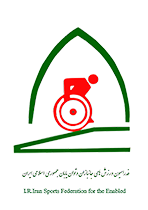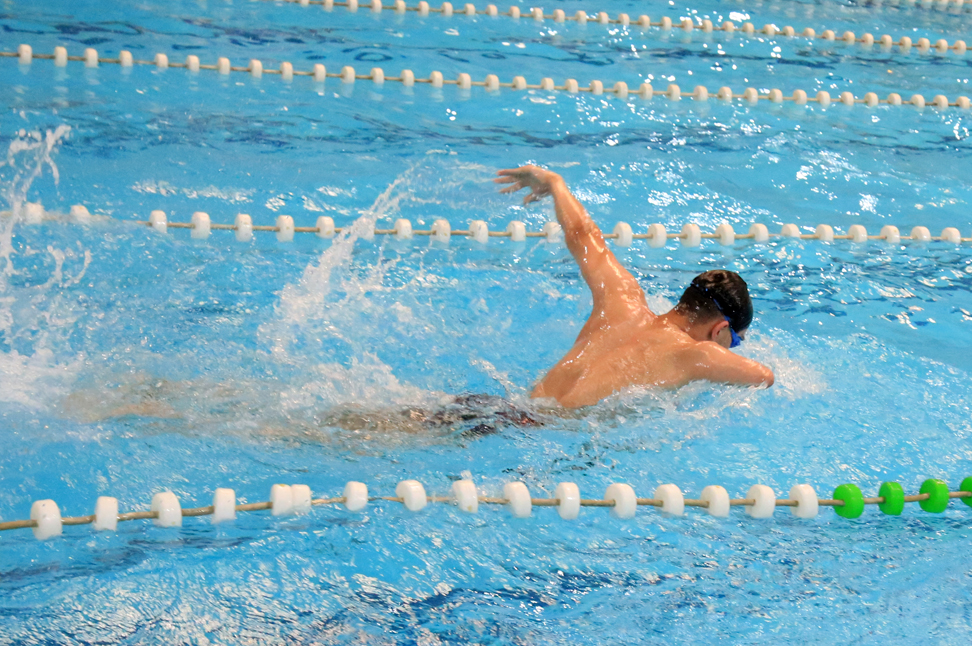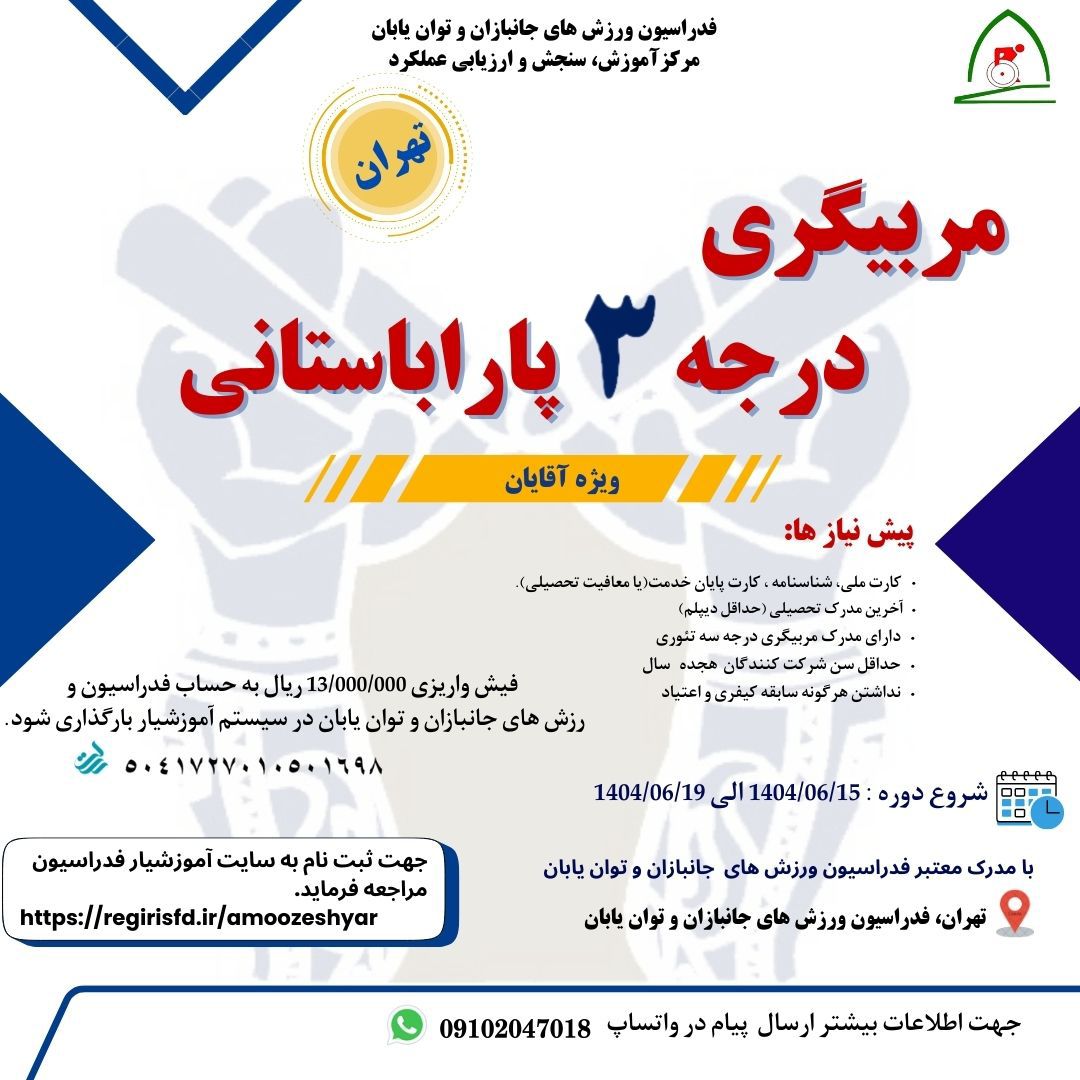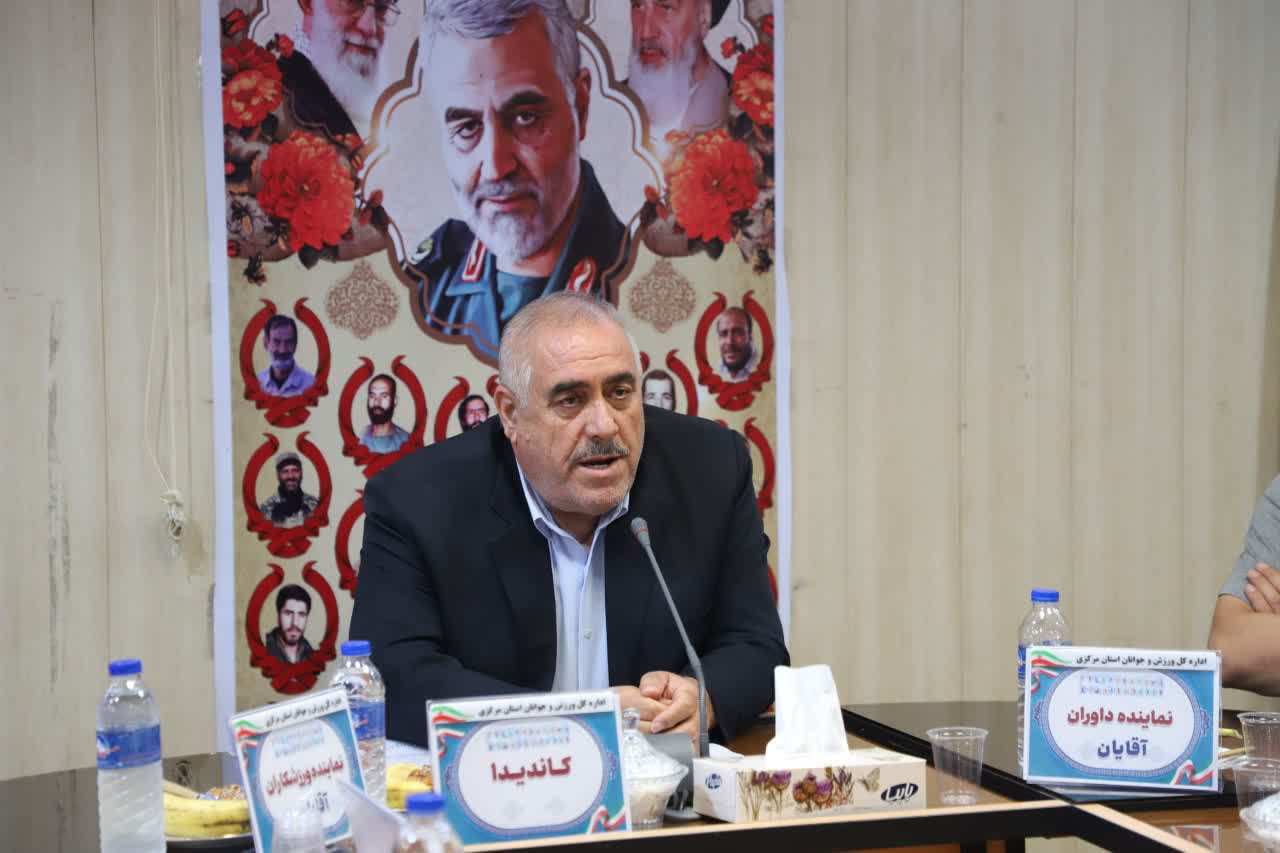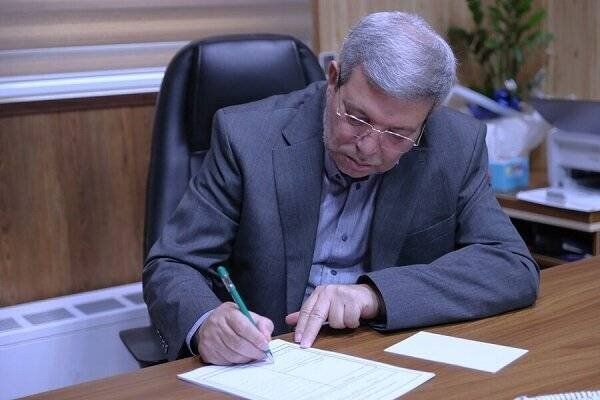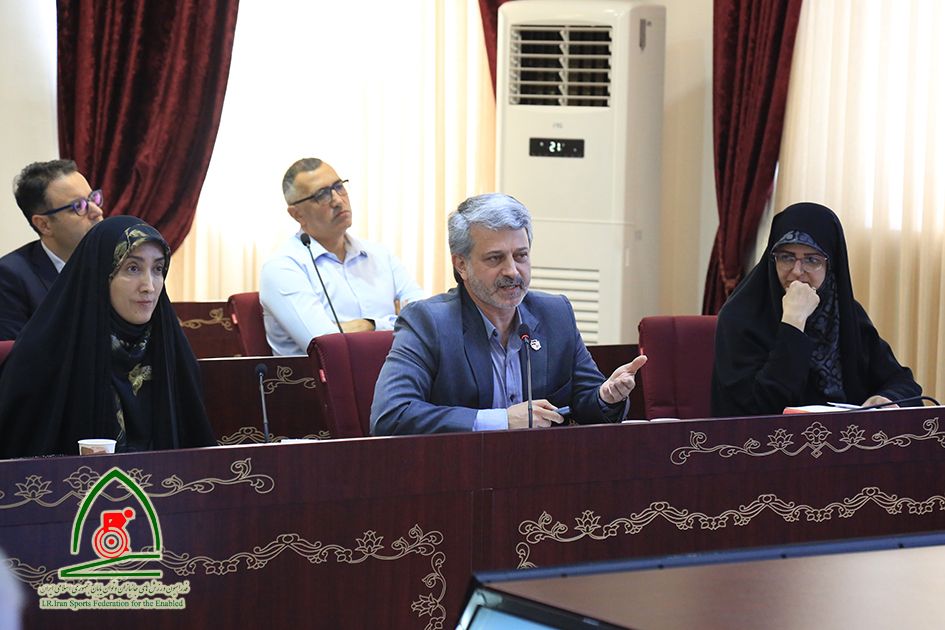The First Vice President of the International Wheelchair Basketball Federation (Asia-Oceania Zone) emphasized that Iran’s recognition as the world’s leading country in developing women’s Paralympic sports demonstrates the growth and progress of women’s activities in Iran, countering negative propaganda against the Islamic Republic.
According to the Public Relations Department of IRISFD, Houriyeh Baradaran, in an interview with the Ministry of Sports and Youth’s news platform, stated that achieving international recognition, especially from prestigious global institutions, is a significant accomplishment. She highlighted the importance of Iran’s efforts in women’s sports being acknowledged by the International Paralympic Committee (IPC).
Baradaran, who also serves as the International Director of IRISFD, added, “This achievement shows the world that, contrary to the negative propaganda against the Islamic Republic of Iran in the media, the claims about the status of women’s sports in Iran are baseless. It proves that women’s sports in Iran are on a path of growth and development.”
She stressed that the responsibility of Iranian sports officials, particularly in women’s sports, has become even greater following this recognition. “We need to take more actions, especially in developing infrastructure and supporting our athletes, both qualitatively and quantitatively. In recent years, the policy of the Islamic Republic has been to empower and honor our women in international arenas, and this path will undoubtedly continue.”
Baradaran emphasized the need to showcase and explain the achievements of female athletes across various dimensions. “As the First Vice President of the International Wheelchair Basketball Federation, I will attend an international meeting in Switzerland on April 10, where I plan to highlight this achievement prominently.”
She continued, “We must see this recognition as a turning point for women’s sports in Iran and provide greater support to female athletes in all disciplines, whether Olympic or Paralympic.”
Baradaran also shared her perspective on the term “disability,” stating, “I do not believe in the term ‘disabled’ because I think every human being has their own limitations, whether their body is fully functional or not. What matters is how we overcome these limitations.”
She concluded, “The successes achieved by our female para athletes should be seen as an opportunity. We need to promote a culture that views disability not as a limitation but as a challenge to overcome. Media plays a crucial role in conveying this message. By showcasing our achievements, we can inspire greater effort and, consequently, further development.”

